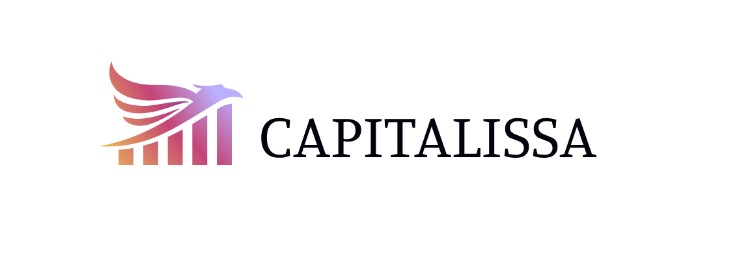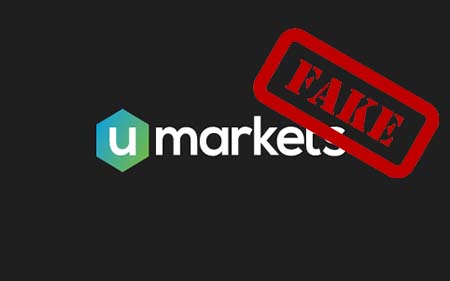Argentina enforces stricter import regulations to prevent decline in foreign exchange reserves
By The Forex Review - 15 / April / 22 598 Dominick Bell
Dominick Bell
On March 3, the Argentinean government re-announced measures to tighten import restrictions. This regulation is a change to the foreign exchange purchase standards for imports, and is a measure to prevent the continuous decrease in foreign exchange reserves. The Argentine Central Bank (BCRA) has announced that the regulation will come into effect by the end of 2022.
Existing Argentine Import Controls
Argentina's import regulation policy changes with each regime change. In December 2019, power was transferred from the right-wing government (President Mauricio Macri) to the left-wing government (President Alberto Fernandez), and import regulations began to be strengthened to protect local industries.
Basically, Argentina has been regulating imports through the Sistema Integral de Monitoreo de Importaciones (SIMI) and the Licencias Automaticas. The Import Monitoring Integrated System (SIMI), which has been implemented since 2015, is being used to monitor product imports while easing the previous import regulations (advance import declaration system, DJAI). In addition, as one of the measures to monitor product and industrial groups and prevent reckless import, the import licensing system (Licencia No Automática, hereafter referred to as LNA) has been reinstated to regulate the import of locally manufactured sensitive items. Items that fall under the import permit system are classified by HS CODE, and are managed through continuous addition/deletion.
Despite the regulation through the Import Monitoring Integrated System (SIMI), an import plan is required, which is the same method as in the case of the DJAI (Advance Import Notification System). All burdens of At the same time, as the decrease in foreign currency reserves deepens, measures have been implemented to restrict advance payment of import prices for importers from October 2021.
Enforcement of new foreign exchange purchase regulations
As Argentina's foreign exchange reserves continue to decline, the Argentinean government has continued to regulate importers' payment and foreign exchange purchases in recent months.
This measure stipulates the dollar purchase standards for each category through the Argentine Import Pre-approval (SIMI) approval classification (categories A and B). A financing period of at least 180 days is required. (Forex purchase grace period is at least 180 days)
The criteria for dividing each category are 2020 and 2021 imports. Total imports in 2020 +70%, and imports in 2021 +5% are classified as Category A, and excess amount should be classified as Category B. In addition, new importers can request approval for Category A imports up to $50,000. If there is import history in 2020 or 2021, but the total import does not exceed $50,000, the same as new importers, up to $50,000 can be approved as Category A.
According to these measures to strengthen import regulations, an import permit will be granted to each official importer.
The Argentinean government has not approved foreign exchange purchases and remittances from 2021 on the grounds of a decrease in foreign exchange reserves. In particular, this regulation applies to all importers, including companies that import raw and subsidiary materials for local production, so it seems likely to worsen the supply situation of domestic goods compared to the existing regulations.
The main content of this regulation is that it will not approve purchases in dollars above a certain threshold based on imports in 2020 and 2021. However, the opinion of a local expert is that it will be difficult to supply and demand items that have recently increased in price internationally (raw materials, etc.) or if imports have to be made in large quantities due to local inventory problems. According to the Argentine Importers Association (CIRA), 41% of Argentine imports are intermediate goods, 35% capital goods and 14% consumer goods.
In accordance with these measures to strengthen local import regulations, Korean companies should be careful in negotiating with local importers on financing when entering the Argentine market, and prepare for problems related to payment through export insurance guarantees or letter of credit (L/C opening). need to be thorough.
For your safety, we have compiled a blacklist of brokers.







